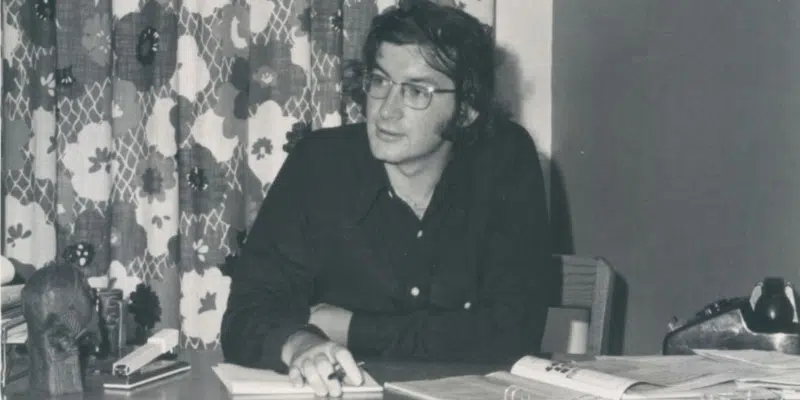Cabot Martin, the man seen as the chief architect of one of the most important documents in the history of Newfoundland and Labrador, has died.
Martin died Friday at the age of 78.
https://twitter.com/SeamusORegan/status/1565819141096935424
Then-Premier Brian Peckford and his energy minister, Bill Marshall, did most of the talking but it was Martin who was fighting with the Trudeau Liberals in the backroom in the 1980s.
The eventual result was the Atlantic Accord, the agreement which, to this day, has significant influence on offshore oil development and revenue.
The period was a low point in relations between the Trudeau Liberals and the Peckford Tories, resulting in “Black Armband Day” in 1984 after the Supreme Court of Canada ruled against Newfundland and Labrador on ownership of oil and gas on the Continental Shelf. Businesses, schools and government had to suddenly close for a day in protest. There was the “Writer’s Cramp” campaign by Peckford, questioning why the feds would not sign what Newfoundland and Labrador believed was an agreement in principle on the offshore.
Martin, a lawyer by trade, was not invisible through the process, often speaking publicly about what he saw was an injustice being perpetrated on the province.
Then came a federal election and a change of government with the Tories under Brian Mulroney, and powerful cabinet minister John Crosbie.
Shortly thereafter, the Atlantic Accord became a reality.
Martin was also insistent that the Hibernia oilfield be developed with a gravity-based platform to be built at Bull Arm, a demand which would lead to thousands of well-paying employment years.
Funeral arrangements have yet to be announced.























